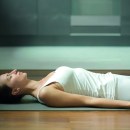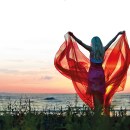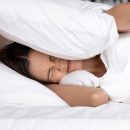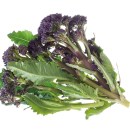Hay fever and anxiety: can allergies cause panic attacks?
With the pollen count rapidly increasing, is your anxiety on the rise too? We take a closer look at how hay fever affects your mental health...
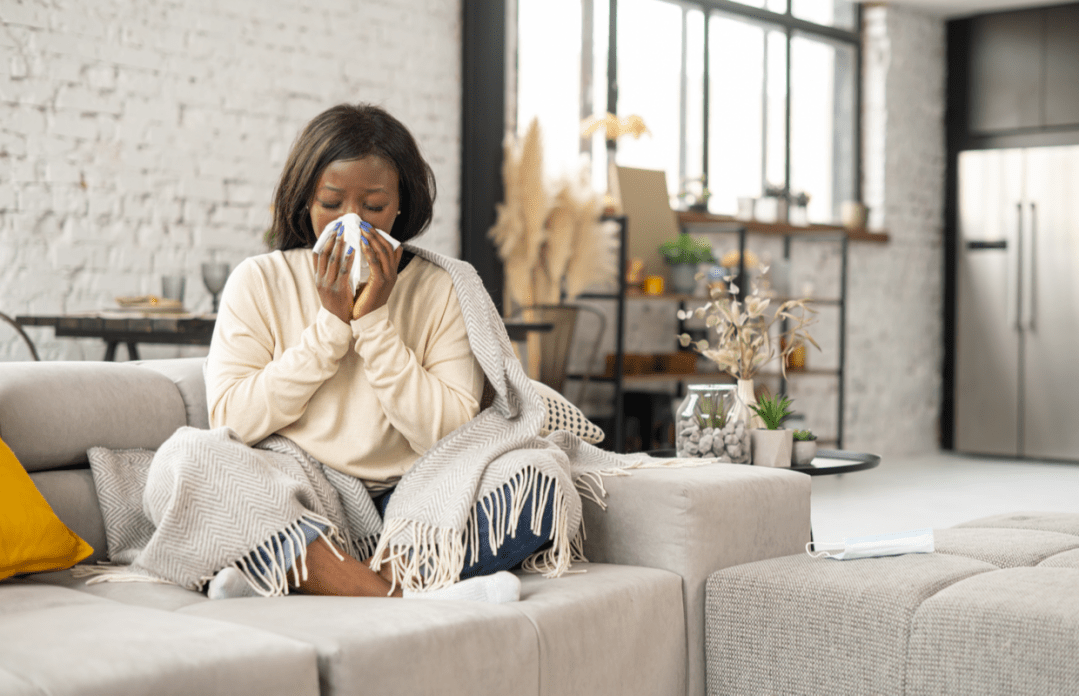
As the pollen count soars, many people who suffer with the symptoms of hay fever can become anxious at the thought of leaving the house. We caught up with Dr. Edel Duffy, Head of Medical for Fusion Allergy, to learn all about the link between hay fever and anxiety and whether seasonal allergies could cause panic attacks…
Can hay fever worsen anxiety?
‘For millions of people in the UK, the spring and summer months mean only one thing, hay fever,’ Dr. Edel reports.
‘You’re cooped up at home, not sleeping well and not able to relax and enjoy time outdoors, so it’s not surprising that hay fever sufferers can experience feelings of low mood, anxiety and stress.’
‘New research by the makers of Fusion Allergy Nasal Spray, reveals the most common hay fever symptoms reported by women are nasal congestion and sneezing, closely followed by sore, watery eyes and an itchy throat and mouth.
‘We know that when we’re constantly battling symptoms like these, it can leave us feeling exhausted, and affect our ability to function at work or school, which in turn causes stress.
‘Sleep plays a big role in our mental health too, and we know that up to 57% of adults and 88% of children with hay fever have sleep problems, which can cause daytime fatigue and decreased cognitive functioning, so it’s clear that allergies can have a far reaching impact, not only to sufferers’ physical health, but their mental and emotional health as well,’ Dr. Edel adds.
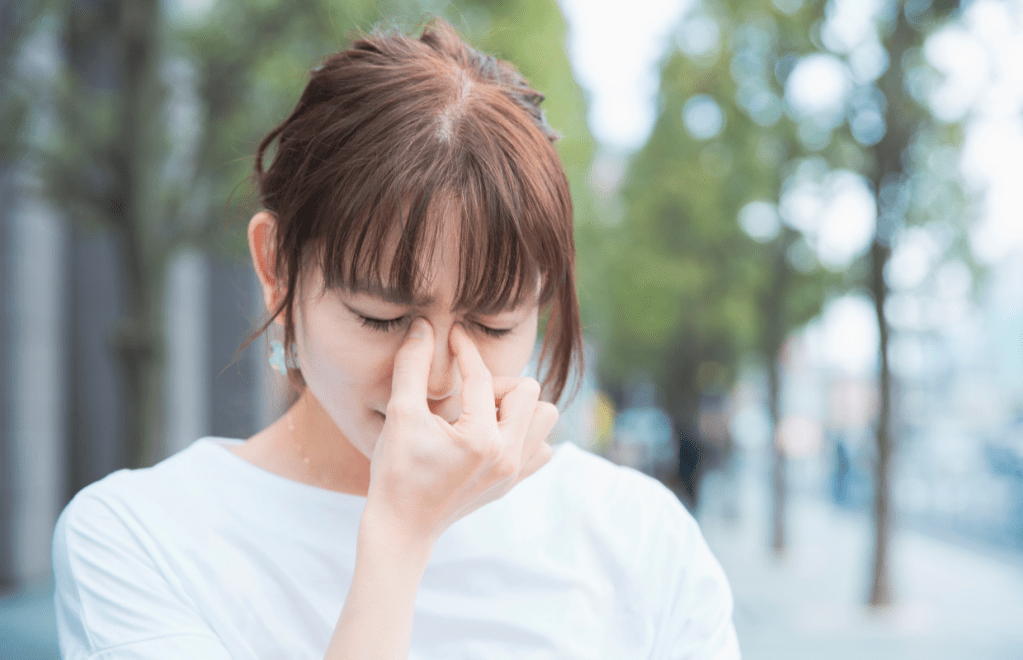
Can stress and anxiety worsen hay fever symptoms?
‘When we feel stressed out, our body is releasing all sorts of chemicals, including histamine, the chemical that leads to allergy symptoms. So, while stress and anxiety do not cause hay fever, they can make our allergy symptoms worse,’ Dr. Edel tells us.
‘When stress hormones like histamine and cortisol are released in our body, they hinder our level of serotonin too, the feel good hormone, which is why feelings of low mood and depression can be higher in people experiencing seasonal allergies like hay fever.’
Can hay fever cause panic attacks and dizziness?
‘There is some limited research to show that hay fever sufferers are more likely to experience panic attacks. However far more research is needed to understand the reasons for this correlation,’ Dr. Edel reports.
‘Dizziness, whilst not a typical symptom of hay fever, can also be linked to seasonal allergies due to changing air pressure in the ears and sinus congestion which can create feelings of light-headedness and difficulties in hearing.’
Can hay fever tablets (antihistamines) help with (or worsen) anxiety?
‘Medications containing chlorphenamine and diphenhydramine help to alleviate symptoms of hay fever. However, they can commonly cause side effects such as drowsiness, and in some sufferers it can go the opposite way and cause feelings of anxiety and wakefulness.
‘If side effects are an issue, then it’s worth checking with your pharmacist or GP to see if newer antihistamines or other hay fever treatments might be better suited to your symptoms.’
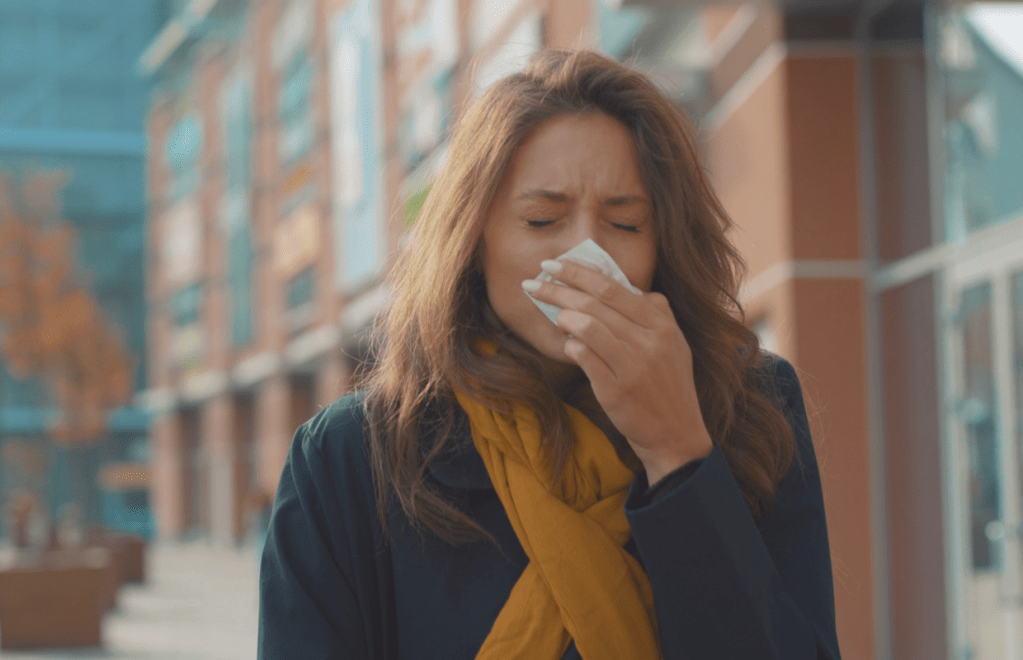
Signs of hay fever anxiety:
- Becoming hypervigilant over pollen counts
- Struggling to sleep due to worries about your symptoms / flare ups
- Staying at home more than you would normally
- Feeling unable to focus / poor concentration
- Lower productivity
‘If you feel that you’re experiencing these symptoms of anxiety, then it’s important to know that you’re not alone and that these are common with lots of hay fever sufferers,’ explains Dr. Edel.
‘Looking at your hay fever holistically can help to manage symptoms more effectively and reduce feelings of stress and anxiety. Whether that’s thinking about sources of stress in your life, reassessing your priorities and allowing time in your day for some relaxation.’
How to ease hay fever anxiety
Making some small lifestyle changes can also help to reduce the impact that hay fever is having on you, and in turn, reduce any related anxiety or stress. Try these top tips from Dr. Edel Duffy to ease your hay fever symptoms and anxiety…
1. Bring hay fever products out with you
When you know the pollen count is going to be high, it can be all too easy to cancel your plans and hide in the house all day. Taking hay fever products out with you will help you to manage your symptoms whilst you’re out and about and give you added peace of mind.
2. Get a good night’s sleep
Sleep and stress are intrinsically linked, with poor sleep being shown to heighten stress levels. Therefore, to manage your hay fever symptoms and anxiety surrounding them, you need to prioritise your sleep.
If you struggle to sleep due to your symptoms, try to remove pollen and other allergens before going to bed by washing or even just wetting your hair.
Cleaning your eyelashes will also help to avoid pollen and allergens rubbing off on to your pillow which can lead to allergy symptoms such as a runny, itchy nose and congestion.
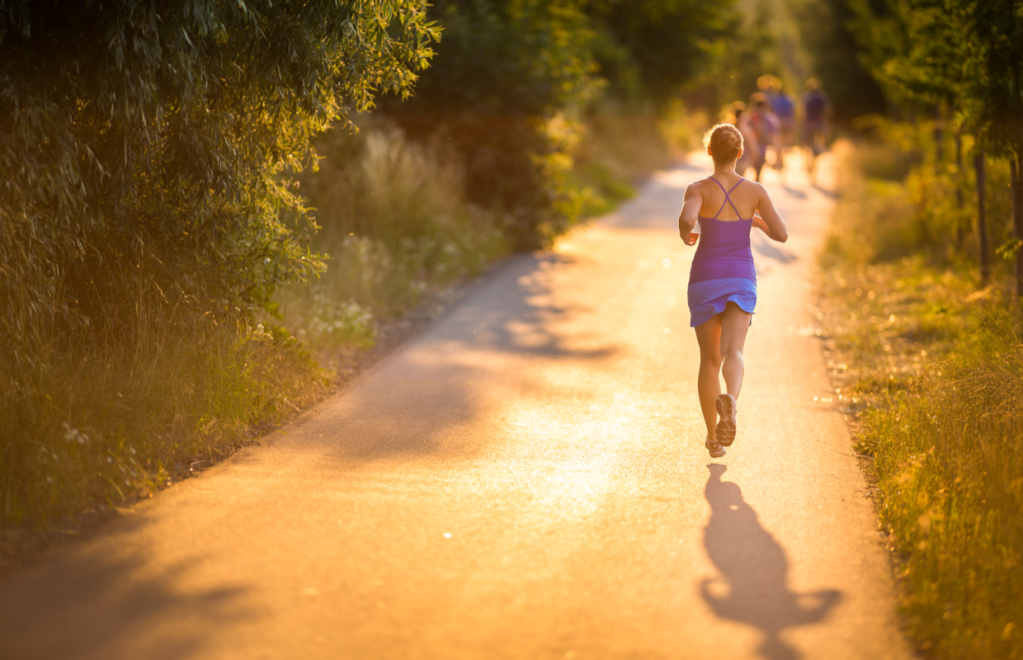
3. Exercise outdoors when pollen counts are low
We know that exercise is great for our mental health, and exercising outdoors can enhance those feel-good hormones further. Therefore, it’s important not to let your hay fever anxiety keep you cooped up inside all summer.
To limit symptoms, make sure you switch your outdoor exercise from morning to the afternoon or evening when pollen counts are usually at their lowest.




